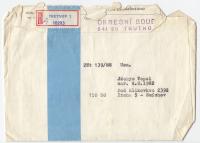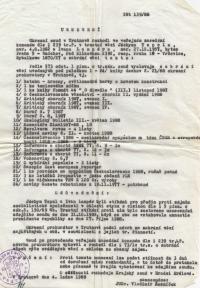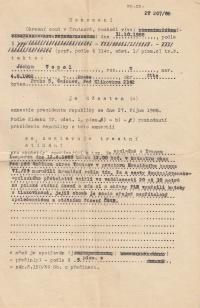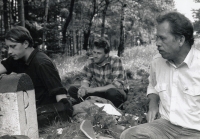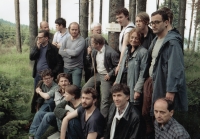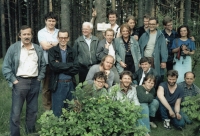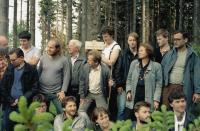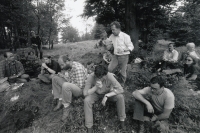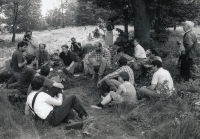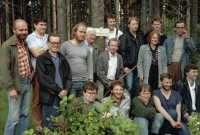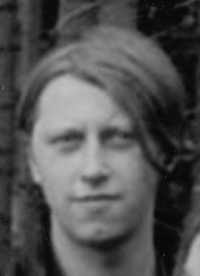Jail and pub - the daily bread of a poet
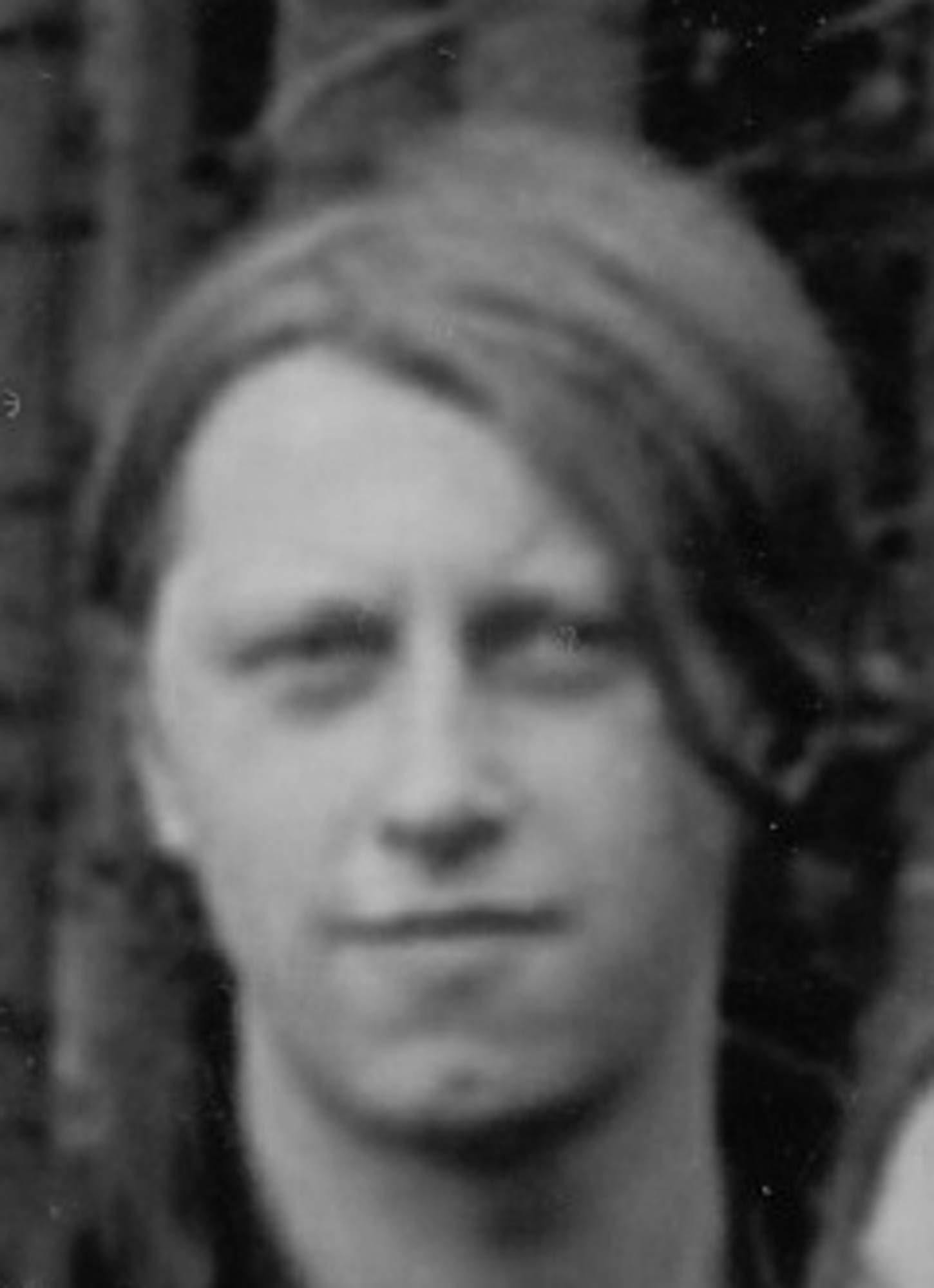
Stáhnout obrázek
Jáchym Topol was born on 4 August 1962 as the elder son of the translator Josef Topol. Along with other children of dissidents, he attended a grammar school in Radotín. His models were poets from the Beat Generation, Jack London and Ivan Martin Jirous. He wrote texts for his brother‘s band Psí vojáci, which brought about police harassment. Along with his classmates and other young dissidents from Prague‘s Malá Strana quarter, he founded the Violit magazine, later renamed to Revolver Revue. He joined Charter 77 and took part in the smuggling of Czech literature to Poland. Ever since, Poland was his favorite country. He frequently attended the local hippie gatherings or just wandered in the nature. He dreamed of making a pilgrimage to the grave of the poet Wojaczek. He also got to know Polish prison in which he ended up several times; be it for smuggling samizdat or just for having long hair. He managed to avoid conscription by getting locked up in a psychiatric hospital. He spent three months there observing patients and their customs, which resembled the ones taking place in prison. After release, he was not only exempt from military service, but even got a pension due to his alleged mental illness, which ensured his living in the years to come. At the beginning of 1989, he visited the US. He initially didn‘t have much faith in the November events in spite of which, he reacted flexibly with his samizdat group. He co-founded the so-called Info Service, which had over time transformed into the magazine Respekt. At present, he is the program director of Václav Havel Library and an author of a number of acclaimed books.
